Preamble
The Payment of Bonus Act, 19651 was amended in 20152 and was brought into force from 2014. The said Amendment Act reads as under:
2. Definitions. — In this Act, unless the context otherwise requires, — * * *
(13) “employee” means any person (other than an apprentice) employed on a salary or wage not exceeding [twenty-one thousand rupees] per mensem in any industry to do any skilled or unskilled manual, supervisory, managerial, administrative, technical, or clerical work of hire or reward, whether the terms of employment be express or implied;3
* * *
12. Calculation of bonus with respect to certain employees. — Where the salary or wage of an employee exceeds [seven thousand rupees or the minimum wage for the scheduled employment, as fixed by the appropriate Government, whichever is higher] per mensem, the bonus payable to such employee under Section 104 or, as the case may be, under Section 115, shall be calculated as if his salary or wage were [seven thousand rupees or the minimum wage for the scheduled employment, as fixed by the appropriate Government, whichever is higher] per mensem
Explanation. — For the purposes of this section, the expression “scheduled employment” shall have the same meaning as assigned to it in clause (g) of Section 26 of the Minimum Wages Act, 1948 (11 of 1948)7. (emphasis supplied)
By virtue of the abovesaid Amendment Act, three important changes were made to the Payment of Bonus Act, 1965 which read as follows:
(1) Section 2(13) was amended to increase the salary limit from Rs 10,000 to Rs 21,000 per month for the purpose of coverage under the Act.
(2) Section 12 was amended to increase the wage ceiling for calculating the bonus from Rs 3500 to Rs 7000 per month or the minimum wages for the scheduled employment as fixed by the appropriate Government, whichever be the higher.
(3) An Explanation to Section 12 was provided to clarify that the expression “scheduled employment” shall have the same meaning as assigned to it in clause (g) of Section 2 of the Minimum Wages Act, 1948.
(4) These amendments were given retrospective effect in Section 1 of the Amendment Act of 2015 by providing that it shall be deemed to have come into force on 1-4-2014.
Developments from 2015 onwards
The abovesaid amendments were challenged in various High Courts by way of writ petitions mainly on two counts, namely, (i) the retrospective effect given to the Amendment Act, 2015; and (ii) the legal validity of linking the minimum wages in calculating the bonus under the Act. Writ petitions were admitted by various High Courts and stay orders were granted by the High Courts.
Against this backdrop, the Union Government sought transfer of all the pending writ petitions to the Supreme Court in 2016 itself. The Supreme Court on 11-7-2022, in Union of India v. United Planters Assn. of Southern India8, after six years, disposed of the transfer petitions by transferring the writs back to the respective High Courts and also vacating the interim orders passed by the Supreme Court, by anchoring mainly on the following case laws:
-
Union of India v. Cummins Technologies India (P) Ltd.9
-
Institute of Chartered Accountants of India v. Southern Petrochemical Industries Corpn. Ltd.10
The Supreme Court has strongly relied on the decision in Cummins Technologies case11 wherein the prayer for transferring the cases to the Supreme Court was refused by the Supreme Court and it has not accepted the argument that the same issue was pending in various High Courts which would have implications on large number of matters.
In the event of transfer of matters to the Supreme Court, the parties would lose their right of appeal against the final judgment of the High Court.
On linkage of qualifying wages to minimum wages in terms of the amended Section 12, the wages prescribed by different States shall have different implications and as such it would be appropriate if the pending writ petitions are considered by the respective High Courts in light of the particular provisions operating in each State relating to minimum wages rather than bringing all such cases before the Supreme Court.
It is respectfully submitted that the Supreme Court has erred on the side of caution. This decision raises the following observations:
(1) The transfer petitions were pending before the Supreme Court for the past six years for its decision on the substantial questions of law concerning the constitutional validity of the Payment of Bonus (Amendment) Act, 2015. However, the decision pertaining to transfer these matters to the Supreme Court has been decided only now. Though the Supreme Court has transferred the said matters back to the respective High Courts with a direction to proceed with the matters expeditiously, it has not given any timeline to dispose of the said matters.
(2) It is pertinent to note that the decision in Cummins Technologies case12 was filed in the Supreme Court in the year 2020 and the same was disposed of in 2021 itself.
(3) The reasoning that the wages prescribed by different States shall have different implications and as such it would be appropriate if the pending writ petitions are considered by the respective High Courts in light of the particular provisions operating in each State relating to minimum wages rather than bringing all such cases before the Supreme Court, with all due respect is a flawed understanding of the law. The linkage of qualifying wages to minimum wages is a substantial question of law and is not in any manner linked to the quantum of minimum wages being notified by various State Governments under the Minimum Wages Act, 1948.
(4) Albeit the Payment of Bonus (Amendment) Act, 2015 was passed in the year 2015, after the expiry of seven years, the matters were returned to the High Courts to enable them to test its constitutional validity. Against this backdrop, the possibility of divergent views or interpretations by various High Courts cannot be ruled out. Though this argument was rejected in Cummins Technologies case13, it may be noted that the decision in this case was given by the Supreme Court in a year’s time.
(5) Apart from the above, assuming that one High Court has expeditiously disposed of this matter by striking down the vires of the Payment of Bonus (Amendment) Act, 2015, in view of the Supreme Court’s judgment in Kusum Ingots & Alloys Ltd. v. Union of India14, in its natural course, this matter would come back to the Supreme Court for its verdict.
Hence, it is respectfully observed that the Supreme Court could have decided this matter by itself for the sake of saving time.
†Chief Human Resource Officer — Global HR, Automotive Robotics (India) Private Limited. Author can be reached at <srajagopalan@arigs.com>.
1. Payment of Bonus Act, 1965.
2. Payment of Bonus (Amendment) Act, 2015.
3. Payment of Bonus Act, 1965, S. 2.
4. Payment of Bonus Act, 1965, S. 10.
5. Payment of Bonus Act, 1965, S. 11.
6. Minimum Wages Act, 1948, S. 2.


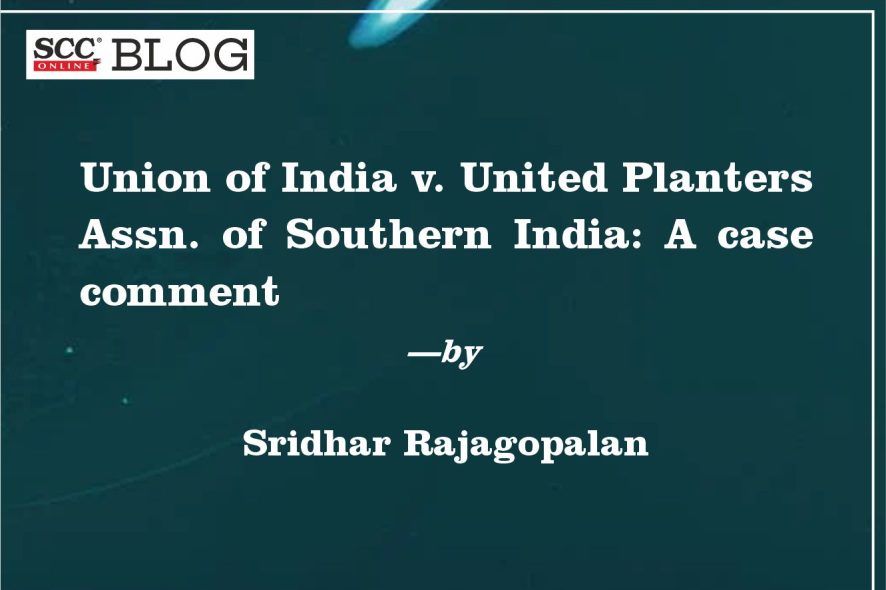
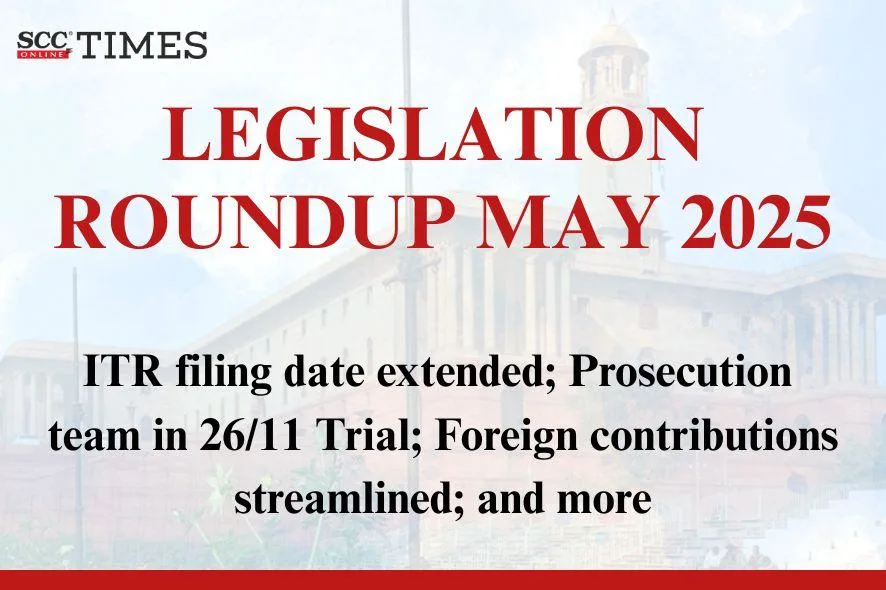
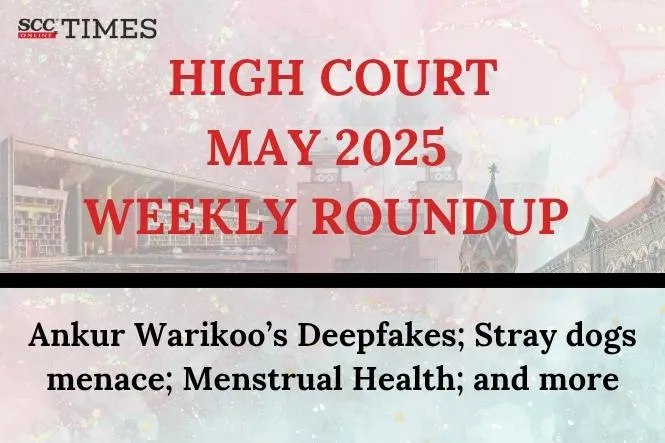
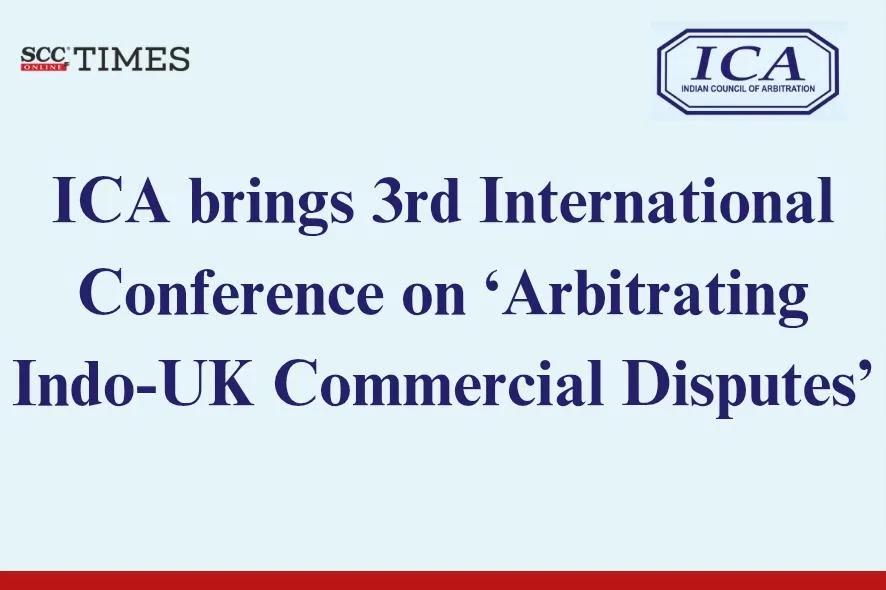
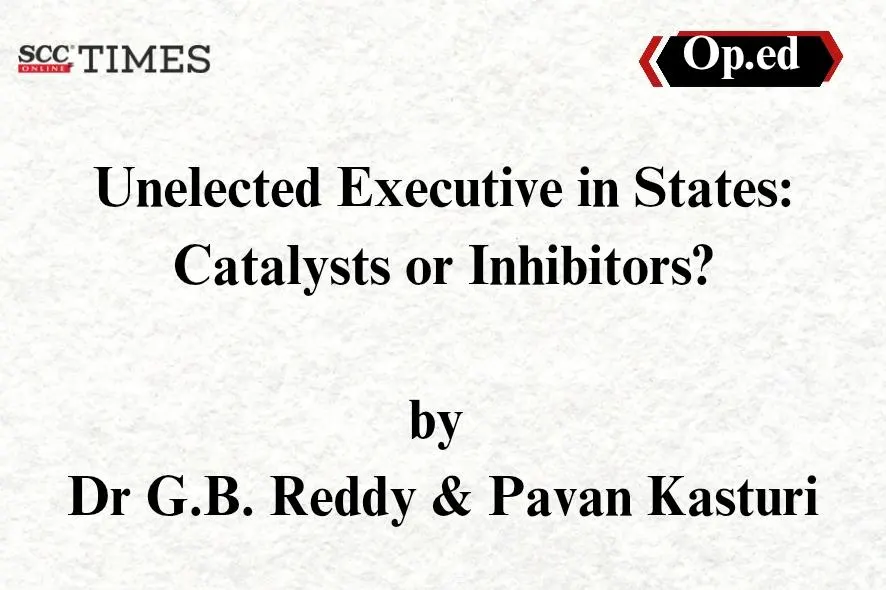




Bonus Given on Minimum Wages as per staff category un skilled skilled and skilled?